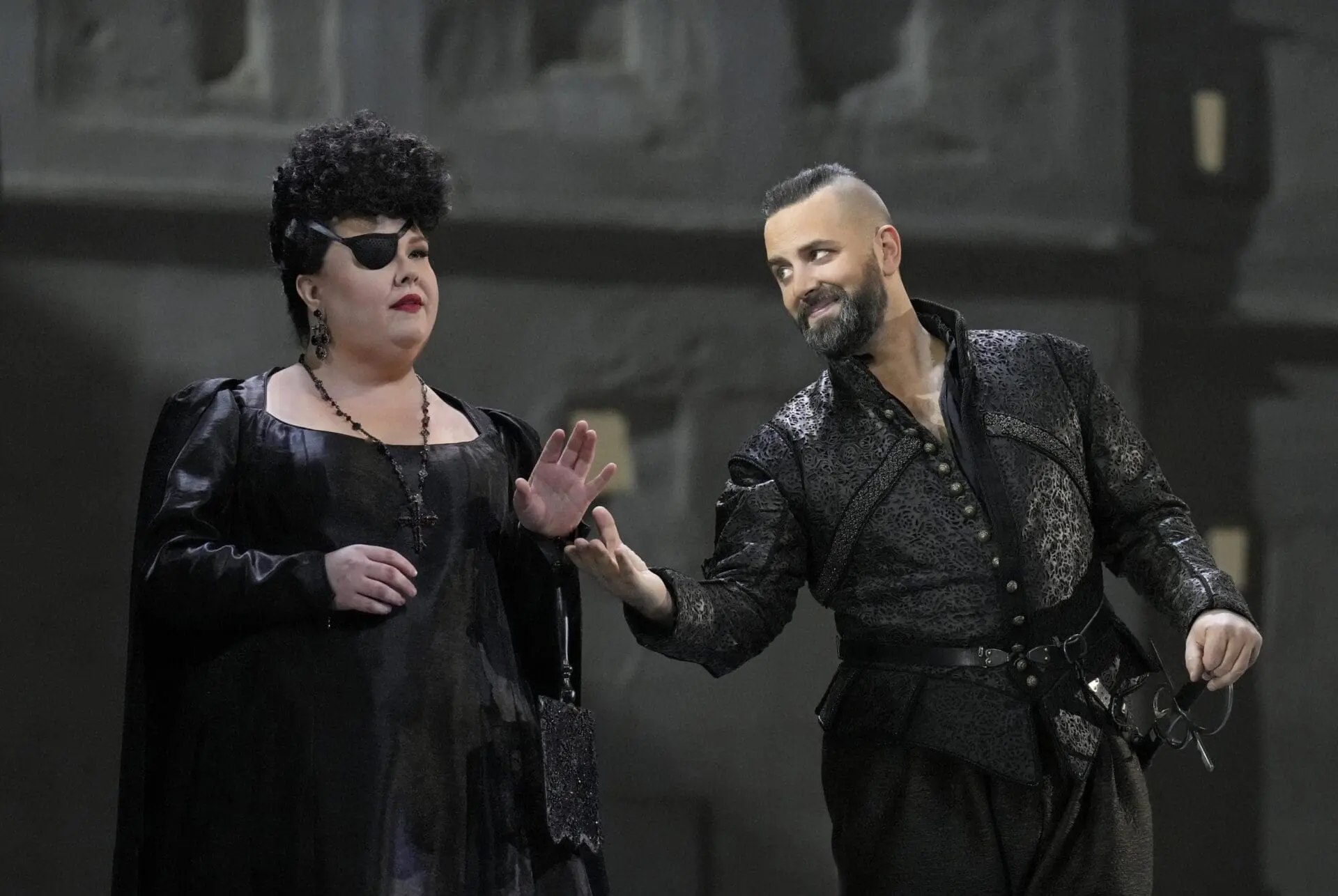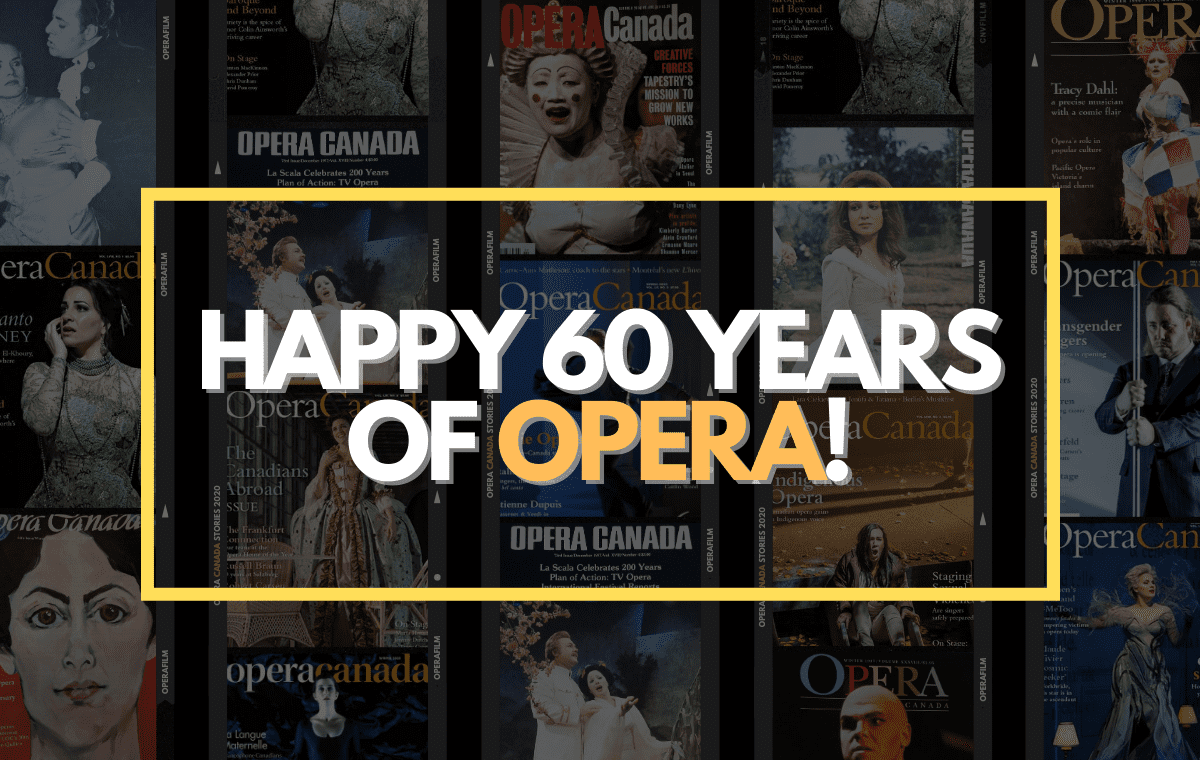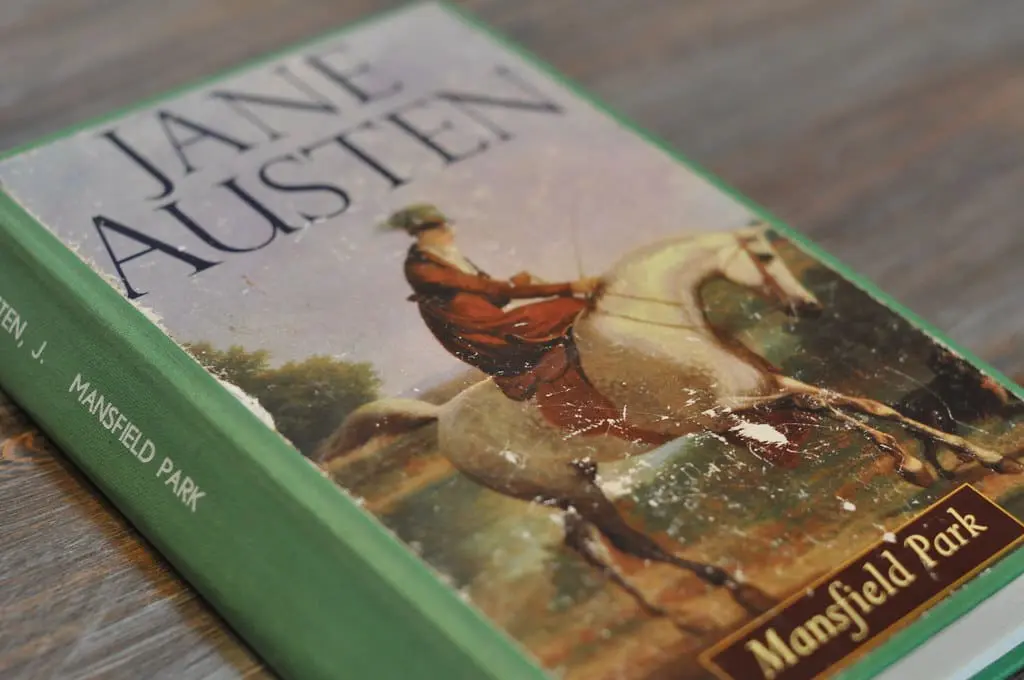Don Carlo, in Italian, not Don Carlos, in French—that’s how I, like nearly everyone who loves this noblest of operas, first made its acquaintance. This Schiller-inspired melding of romantic and political intrigues at the court of Spain’s Philip II remains my most treasured Verdi score—but it’s also the one that, in performance, almost always leaves me longing for something more. For that I blame Verdi, who over a two-decade span subjected his expansive Parisian grand opéra of 1866–67 to a series of cuts and revisions, until he finally retired his editorial pen with the four-act “Milan version,” premiered in 1884, and the largely identical “Modena version” of 1886, which restored the opera’s Milan-deleted first act. It was a Met broadcast of the truncated Don Carlo that introduced me to the opera; but once I’d heard Solti’s 1965 Decca recording of all five acts, I found myself loath to forgo the masterfully constructed Act 1, where, in the wintry forest of Fontainebleau, Verdi’s Spanish prince and French princess meet and fall in ill-fated love. I missed it badly in my first staged performances at the Met, good as they were; and when, over the years, recordings exposed me to more of the Verdi-sanctioned excisions—the veil-and-mask exchange between Elisabeth and Eboli that opens the garden scene, for example, and the 16-minute ballet that ensues—I didn’t want to do without those, either. The Met’s 1979 production at last offered the Fontainebleau act, augmented by its rediscovered prelude and introduction, surely the most regrettable of Verdi’s pre-premiere cuts—a happy addition that once more vanished with the Met’s next new staging, in 2010.

Matthew Polenzani (left, Don Carlos) and Etienne Dupuis (Posa) in The Metropolitan Opera’s Don Carlos. Photo: Ken Howard
It’s missing, too (and much missed), in the Met’s brand-new production, which does offer, in its enormously welcome company debut, the opera’s original French text, along with chunks of music hitherto unheard in the house. (I attended the first performance, on 28 February, and the fourth, on 10 March.) It was a mix-and-match version of the score: largely music familiar from Modena, but with an occasional dip into the 1867 Paris original—notably, in the expanded prison scene, with its duet for Philippe and Carlos and its extended finale. It’s an addition I’m glad to have encountered live but can easily do without: it seriously alters the scene’s balance, and the duet pulls our ears away from Don Carlos and into the Requiem, where, as the Lacrimosa, it was adapted to far greater effect. As for the Met’s claim that it’s presenting “the original five-act French version,” well, ’tain’t so: the absence of the ballet—de rigueur in any French grand opéra—is proof enough of that. The irksome tumbling jester in director David McVicar’s auto-da-fe was no compensation at all.
I’ve long been an admirer of McVicar’s best work, but this Don Carlos doesn’t rank among it. Charles Edwards’s sets were functional but dully monochromatic, Brigitte Reiffenstuel’s costumes period drab, Adam Silverman’s lighting over reliant on shadows and distracting silhouettes. McVicar’s major failing was his handling of the big finales: the auto-da-fe’s and the prison scene’s, both of them notably messy and incoherent, and to a lesser extent the very end of the opera: why is the Monk attired as Charles V, in royal robes and crown, if not to rescue Carlos? Posa welcoming his dying friend into the white-light hereafter was moving in the moment but doesn’t stand up to much reflection. There was, as always with McVicar, some fine interplay between characters, but too often the singers were hard to locate on an overcrowded, underlit stage. Nicholas Hytner’s production, which this one replaced, would with a tweak or two have served the French Don Carlos just as well.

John Relyea (left, Grand Inquisiteur) and Eric Owens (Philippe) in The Metropolitan Opera’s Don Carlos. Photo: Ken Howard
Musically, though, there was much to enjoy. Matthew Polenzani’s Carlos was a role debut, and it was superb: his essentially lyric tenor rose to the climaxes adeptly, even excitingly, and was on happy home turf in the gentler passages, with caressing head tones and finely tapered phrases; he acted convincingly, too, with just the right nervous alacrity. Sonya Yoncheva played a stoic, sympathetic Elisabeth and sang with her familiar basic beauty of tone marred by occasional sour, unsteady top notes. As Eboli, an eye-patched, oddly bewigged Jamie Barton improved from the first performance to the fourth, her singing better integrated, less an aggregation of isolated effects. So did Eric Owens’s Philippe; it remained, though, a wanly sung, uncharismatic portrait—a real letdown after his fine Filippo for Washington National Opera just four years back. But Étienne Dupuis scored a major Met success, overcoming some initial opening-night insecurities to deliver an elegantly sung, dynamically varied, suavely portrayed Rodrigue. (I kept waiting for the kiss that never happened in McVicar’s distinctly homoerotic take on the Carlos-Posa bond, but his white-light greeting of his beloved friend had me near tears despite my later misgivings.) John Relyea sang strongly and looked scarily imposing as the blind Grand Inquisitor; and another bass, Matthew Rose, made an exceptional impact as the mysterious Monk, singing with such beauty and presence that I wished he’d been the evening’s Philippe.
Holding the multifaceted score enthrallingly together was Yannick Nézet-Séguin, delivering one of his best-ever Met performances. The first night, a Monday, came on the heels of a Friday dress rehearsal and an unscheduled three-evening stint leading the Vienna Philharmonic at Carnegie Hall; but there was nothing tired or inattentive about his Don Carlos: he trained a sympathetic ear on the singers, coaxed a chamber-like finesse from the Met’s wonderful players, and brought to the score an overall sweep that never veered into bombast. It’s an opera he very clearly loves—and hearing him conduct it reinforced my own love for it. I forgave him his version’s sins of omission amid the many pleasures he delivered in full.
Opera Canada depends on the generous contributions of its supporters to bring readers outstanding, in-depth coverage of opera in Canada and beyond. Please consider subscribing or donating today.














